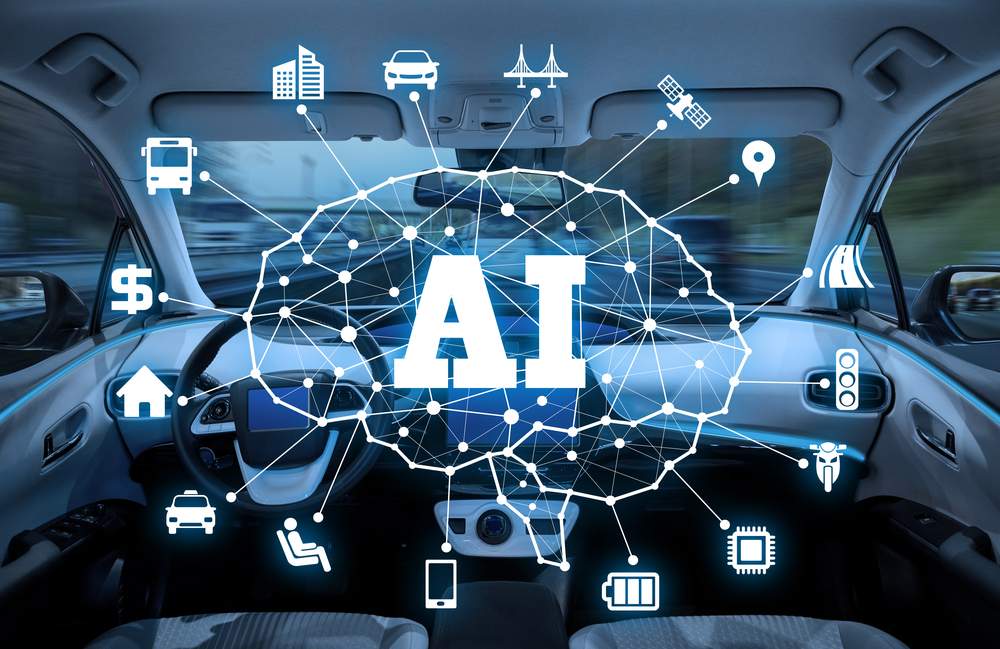We won’t be having The Banyan Edge Podcast this week because I’m currently travelling. And alas, I have nowhere to properly broadcast it.
A decent office setup isn’t so easy to find in the middle of a soccer tournament.
So, our moveable feast continues.
We left San Sebastián on Saturday to cross the border into the French Basque Country and the seaside town of Biarritz. And yesterday, we circled back to San Sebastián to pick up our rental car to drive through the Pyrenees to Barcelona.
My son’s soccer tournament, our ostensible reason for being here in the first place, didn’t go so well. He learned the hard way that Europeans take soccer seriously. The first two games were an absolute blood bath.
And why am I sharing these details with you? (I promise this is actually going somewhere.)
Solving a Global Labor Shortage
If you think the labor shortage is bad in the U.S. (and let’s be clear. It is.), then spend a few weeks in Europe. It gets so much worse.
I had an issue with my rental car, and I discovered that it is a metaphysical impossibility to speak to a human being on the phone in Spain.
In the U.S., you usually have to suffer through several minutes of automated prompts that steer you away from human contact, but you’ll eventually get a person if you need them. In Spain, you’ll never reach that customer service agent.
And hailing a taxi on a Sunday in Barcelona? Trying to find an Uber?
Best of luck, and vaya con Diós, amigo.
The only way to “solve” the labor shortage issue is to increase the productivity of current workers and to automate a lot of jobs out of existence. This can happen (and is happening) with the help of artificial intelligence.
This burgeoning tech has been a major focus of our work in The Banyan Edge for the past few weeks.
Because the crux of it is, we need AI.
AI Driver
(From MSN.)
Driverless taxis are already on the streets in San Francisco, and it’s a matter of time before they spread to other cities. It would certainly have helped me grab that taxi I needed Sunday night in Barcelona.
🚨Investing Opp: Ian King just recommended a new trade — in a company that’s helping to produce self-driving cars. Details on how YOU can to get the stock ticker here!
However, I do hope driverless taxis don’t come to Lima, Peru, anytime soon. Only because I think the aggressiveness of limeño drivers may actually spur AI to exterminate humanity — Terminator style.
Now, there are also the types of jobs that can’t be automated away, but they can definitely be improved.
Take soccer players, or any professional athletes for that matter. (See, I told you my rambling about youth soccer had a point.)
Yes, I suppose we could all start watching AI computer simulations of sporting events instead of watching actual athletes. But that wouldn’t be fun. The pleasure is in watching real human athletes do things that the rest of us can only dream of.
Most of the service jobs surrounding sports can’t be replaced either. But again, they can be improved. Think about the movie Moneyball, starring Brad Pitt and Jonah Hill. It told the story of how Oakland Athletics used data analytics to improve their player scouting.
Oakland was able to field a competitive team on a shoestring budget by augmenting everything — from their scouting, to their offensive and defensive strategies — with data analytics.
In a similar way, AI could soon help coaches make better play-by-play decisions in real time.
The Future of AI (And How to Profit)
The possibilities with AI are limitless. What couldn’t you do better in your day-to-day life with the help of a full-time AI life coach to improve your decision making?
Thus far in 2023, the investment story surrounding AI has focused on a small number of mega-cap tech stocks. And it’s possible that trend has longer to run.
But tell me, what makes more sense: to dump even more money into stocks that already sport market caps well over $1 trillion, or to focus on the up-and-coming stocks in this space that are just starting their ascent?
Ian King’s latest research is focused on the potential windfall profits of AI. He predicts that by the end of this decade, this tech will increase the global GDP by 50% (or as much as $150 trillion in the years to come).
So do you want to learn more about his #1 recommended stock in this space?
Watch his free webinar to access it.
Regards,
